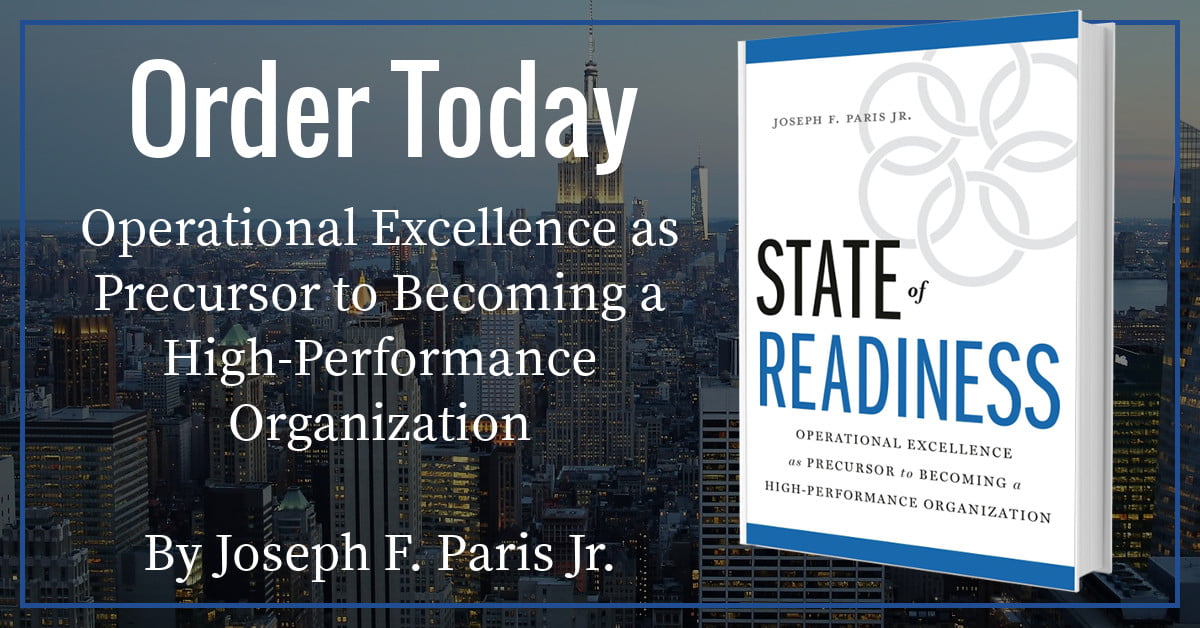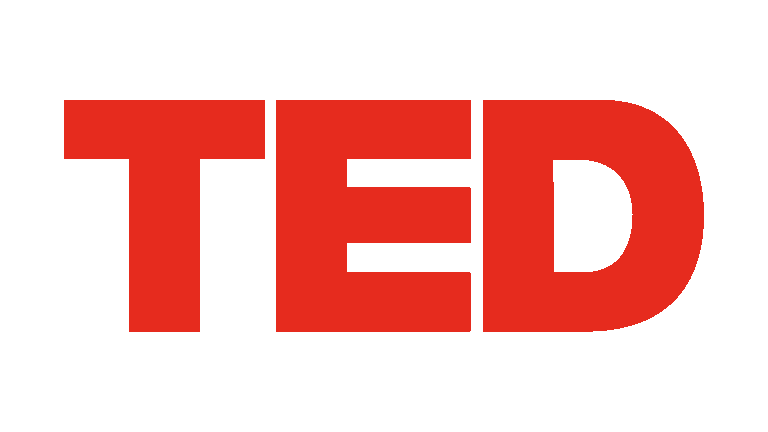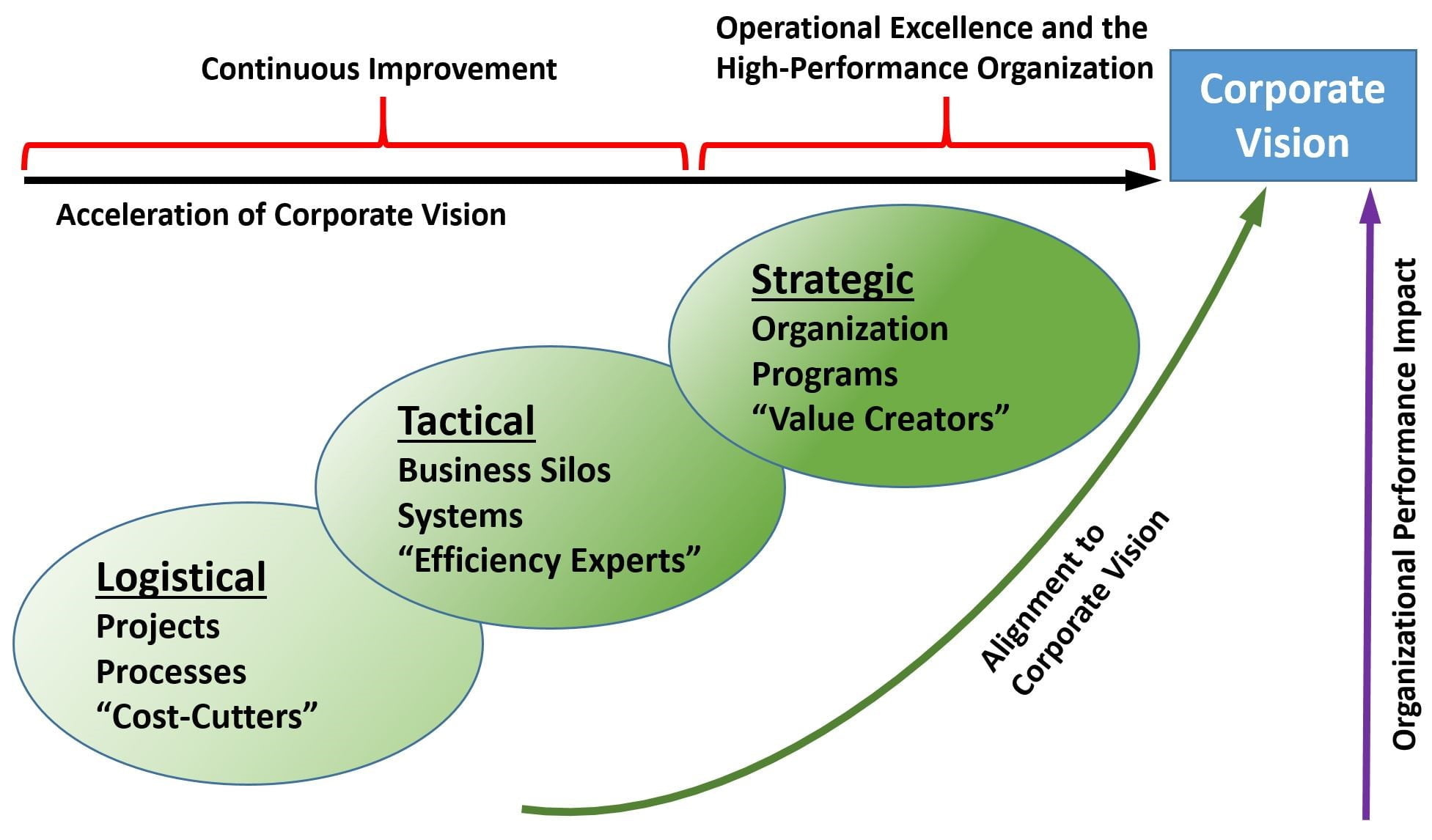8.5 “Must Know” Career Tips & Tricks
One of the most favourite things I get to do is being involved in academia; especially being able to mentor students as they embark upon their careers. It is one of the very best ways of which I can think to “give back”, or even “pay it forward”. And it is usually this time of year – when students are recently graduated and looking for that first, entry-level job in their chosen profession where I get the most requests for guidance.
The conversations usually follow a typical pattern; there is the initial contact followed by an inquiry into a position with my firm, a discussion of their intended career path, and a review of their CV/Resume followed by pointed guidance. As is the nature of my firm, we only hire experienced and exquisite “Subject Matter Experts” – those usually with a minimum of ten (10) years of experience in a specific industry, with a “can-do/is-done” attitude and with outstanding leadership, communication, and analytical capabilities. So the very first thing I usually have to do is to gently disappoint with respect to a position at my firm while at the same time building their optimism for a position elsewhere and to offer encouragement and guidance for the successful launch of their careers.
So I thought it might be appropriate to share some of my core-beliefs and the advice I give. In addition to the very young in their careers, I believe the advice is also relevant to those who are already on their career path as an opportunity to perform a “self-assessment”.
But beware; although I consider myself an empathetic person, I am also a person who does not easily tolerate a “can’t” attitude – so some of this advice might be considered a bit harsh. But we all face obstacles; some are daunting and some are seemingly insurmountable. I have faced a great many such obstacles myself over my life-time – but I never settled for “can’t”. It’s not in my nature.
1. If You Love What You Do, You Will Never Work a Day in Your Life.
This is the most important piece of advice I can give anyone regarding their career, but it is also the most difficult to determine. If you do not love (or at least enjoy a great deal) what it is that you do for a living, you will never be happy – it’s just not possible. Imagine there are approximately 112 waking hours in a week. If we consider that we work 40 hours per week, that’s roughly 1/3rd of our lives. I can’t imagine a person is able to be happy if they spend so much time doing something they do not enjoy.
Don’t worry if you don’t have all the answers right now. Your interests will probably change over time, and so will your career desires – this is natural. What is important is that you recognize when you are feeling dissatisfied with your career and have the intestinal fortitude to change it.
I understand that sometimes we will need to take a job to survive – especially in these challenging economic times. However, all too often I see people take such a “stop-gap” job and then lose their ambition, their dreams, and finally themselves. Someday, just like the sad case that Bruce Springsteen sings about in “The River”, there will be a day of self-reckoning.
“…Now those memories come back to haunt me, they haunt me like a curse
Is a dream a lie if it don’t come true
Or is it something worse…”
Remember, only you can make your dreams and aspirations come true. Don’t give yourself the chance to let your memories come back to haunt you.
2. “The Millionaire Next Door” and living a sustainable lifestyle.
There are some people who believe that “the person who dies with the most toys wins” – to that, I say “bullshit”. I worked with, and knew, many people in New York City who worked in the financial industry when the financial crisis hit. I never knew there were so many “poor rich people” until then. They were living paycheck to paycheck, leveraged to the hilt to support all the “things” that bought (but not owned), just like many others whose paychecks had fewer “zeros” in it. We read about such occurrences all the time; the movie star or athlete who had millions of dollars and went bankrupt. How does this occur? They take out loans and surround themselves with “things” – and for what?
Mostly, I believe people are drawn to engage in a perverse competition with their family, friends and colleagues of acquiring “things” as some superficial substitute for a void that runs much deeper. It is a game that has been played since ancient times and one that has no winners – where the biggest loser is those who play.
“You shall not covet your neighbor’s house. You shall not covet your neighbor’s wife, or his manservant or maidservant, his ox or donkey, or anything that belongs to your neighbor.” — Exodus 20:17
As I have mentioned in a past article, I encourage everyone to purchase and read “The Millionaire Next Door” and to integrate the teachings into their lives. Whether you are a professional, a laborer, or even selling “Spirit Stones” in Sedona; you can live a very fulfilling and joyful life. Remember; money does not buy happiness. But if you live a properly balanced lifestyle, you will obtain a level of freedom – and freedom gets you happiness.
Most importantly, remember that your Grandkids won’t want to hear about the stuff you owned, but the life you lived and the experiences you had. They won’t ever ask you about the “Porsche” or the house in the Hamptons you owned – or about your stock portfolio or that “killer trade”. They will ask you time and again to tell the stories about your travels, or school, or the “crazy things” you did when you were younger – and the lessons learned.
While #1 and #2 above are intended to properly orient you so that you might embark upon a career that is personally rewarding and can bring pleasure to your life, the following are how to go about pursuing and obtaining the career of your dreams.
3. Go Where the Jobs Are
None of us enjoys changing where we live. The power of nostalgia is especially strong when it comes to your hometown where you spent most of your youth. However, you can’t be afraid to go to where the jobs are in general, and where there is a concentration of jobs and industry that are of desire to you in particular. If you live in a dead-end geography for your industry – eject, Eject, EJECT.
Willie Sutton, a prolific criminal and chronic guest of the prison system was asked why he robbed banks. His response was, “Because that’s where the money is.”
4. Network, Network, Network
Introverts are at a disadvantage when it comes to finding a job and furthering their careers because most people will get hired through referral. To maximize your career potential, you have to get out and network – preferably in person. So, if you are an introvert, you really need to work on your people-facing abilities including; speaking, writing, etiquette and dining skills.
One of the most important things to remember here is that; “God gave you two ears and one mouth so you can listen twice as much as you talk.”
… Also and related; “If someone else is speaking – you don’t.”
If you are new to networking, start with something simple within your local community; getting involved with your neighborhood, your school, your hobbies, or your place of worship. Starting with familiar surroundings is relatively safe and a great place to hone your skills.
If you are a more experienced networker, or an extrovert, get more deeply involved in your networks in your industry or related to your industry. Sometimes, the best results can be obtained by networking peripherally. For example: Years ago, I was heavily involved in the technology sector (specifically in the Enterprise Resource Planning, or “ERP”, industry). As a matter of course, I went to the trade shows and networking events connected with the ERP and technology industry and with the solutions I represented. However, these efforts were a waste of my time as I kept on meeting the same people – and most of them had resumes at the ready. I re-assessed and started going to networking and trade events that my CUSTOMERS attended – and this made all the difference.
5. Social Media
If leveraged properly and consistently, Social Media can be an incredibly powerful tool for developing and furthering your career – and this is especially true if you offer services. But like any form of networking, you need to begin building your presence (your brand) well in advance of your needing it – because it takes time and effort to create and maintain.
For careers and career building, I would suggest you use Linked-In (www.linkedin.com). Make sure to build-out your profile as completely as possible. Join relevant groups and make sure to engage the membership by adding thoughtful discussions and comments (not to mention, mining the “Jobs” board). Get “connected” to those who you know or engage on the site. Above all, get “Recommendations” from your connections; especially those with whom you have engaged professionally, and not just friends and family.
However, there is one simple rule when it comes to Social Media, “Don’t ever write or post anything that you would not mind anyone in the world reading.” This is actually a good rule that can be applied to any form of communication. This is not to say that you can’t engage in debate or discourse, nor does it mean that you should shy away from engagement or an expression of an opinion. All of which can be done with a level of civility, intelligence and politeness (not necessarily “Political Correctness”, which I personally abhor).
Some of the things that people write and post really amaze me – especially today, since there have been countless stories and warnings regarding the perils of posting before this one. Some things that should never be posted include (but are by no means should be considered an exhaustive list);
– Threats of any sort against anyone, anywhere
– Rants against your employer
– Cursing, slurs and hate-speech
– Bragging about sexual conquests, being drunk, or getting high (pictures are worse)
– Being chronically pessimistic, cynical or otherwise being the “perpetual victim”
– Personal financial, legal or health issues
Remember, the internet never forgets – and all of these are career killers.
Reference: How to Leverage Social Media
6. The Cover Letter and Resume/CV
Make no mistake about it. In the absence of your being in front of the prospective employer yourself, your cover letter and resume becomes you! Therefore, you have to prepare your Cover Letter and Resume/CV so that they are dressed for success and prepared to act the part as you.
One common mistake that most people make is that they expend a lot of effort addressing their own goals and aspirations. As a prospective employer, I really don’t care what your goals and aspirations might be (well, maybe I do – just a tiny bit). But I really don’t care if you want to “grow into a management position” or other such drivel. What I want to know is; “What value will you drive to my company if I hire you.”
So let’s start with the cover letter – it must be exquisitely well written. Although you might have had help in writing the cover letter, it should be in your own words – words that you would use in the interview. Otherwise, I will know it, and you are fake. You also must take the time to research my company and specifically refer to it (and me) by name. And you better note what it is that my company does, why you are interested in a position with my company and what value-add you expect to deliver.
Your Resume/CV should highlight the positions you held and tell a story of how you added value to your employer. List the employer, your position and the dates you held the position. Don’t tell me your responsibilities here – and I don’t care about your “management / leadership skills”. I want to hear about value of your efforts realized by the company. I want to hear of how you saved money, increased revenue, helped to create a product, or how your innovation improved your company and the circumstances of those who worked there. Make sure to include your schooling information (not your coursework). I would also recommend that you include a professional picture of yourself with your personal information at the top. If you have a Linked-In Profile, make sure to include the link.
Keep your cover letter to a single page – I won’t ever read the second page. The same goes with your Resume/CV – just the most recent highlights. If you have a considerable list of noteworthy historical efforts (articles, talks, inventions, etc…), add an addendum or “bill of accomplishments”.
A friend of mine once told me he worked for the Syracuse Catholic Diocese and “had over a thousand people under him”. What he didn’t tell me is that he cut the grass at the cemetery.
… I don’t care what your title is, I care about the value you will drive to me.
Reference: How to Write a Cover Letter
Reference: How to Write a Resume/CV
7. The Interview
This is where the rubber meets the road – and obviously you will either win the position or lose the position based upon how you conduct yourself and how the interview flows. And there are many good resources available (on the internet, your local employment office, your school, etc…) to coach you and prepare you for the interview, so I won’t dwell on that in this article.
However, the one point I will stress is that this is the opportunity to deliver your value-proposition in person. Do not place the focus and emphasis on you and your needs, but rather on what you can do for the company should they hire you. Talk about the return they will receive by their hiring you and investing in you – extrapolate from the returns realized by your previous experiences. Make sure they know you won’t be a lone rogue, but rather that you enjoy working as part of a team and that your orientation, alignment, and commitment will be to drive value to the company.
… Above all, make sure this is all true and, if not, fix yourself first before you chase your career.
To paraphrase John F Kennedy, “Ask not what your company can do for you, but what you can do for your company.”
Reference: How to Interview
8. The Follow-Through
It is polite and shows good form to send a “Thank You” note after an interview. In the fast-paced business of today – where time and timing matters more than in the past – my recommendation is that this note should not be hand-written and mailed, but rather sent by email. I would also strongly recommend that you keep the note short and succinct, but taking the opportunity to highlight one point from the interview which focuses attention on a particular strength you might have. Also close by indicating when you will contact themfor a follow-up (no less than one week).
Remember, there is a fine line between enthusiasm and stalking.
8.5 It’s Not Over Once You Have the Job
Once you land your job; remember that this is just a single stepping stone on your career path – it is almost certainly not your last job. You may evolve within the company, or you may decide to change companies (or even careers).
You may even discover that, although you love the thought of the career you chose, you might not be any good at it. For instance; I love to golf – but there is a reason I am not on the PGA Tour.
Complacency kills careers – and will erode your passion. If you don’t stay ever-vigilant in honing your skills, re-assessing the level of pleasure your chosen career gives you (or the way your current employer delivers that pleasure), or the threats that might render your career obsolete; you risk discovering that what you came to expect as granted is, in fact, gone.
Reference: “Who Moved My Cheese”
“If you can’t fly, then run, if you can’t run, then walk, if you can’t walk, then crawl, but whatever you do, you have to keep moving forward” — Martin Luther King Jr
About the author
Joseph Paris is an international expert in the field of Operational Excellence, organizational design, strategy development and deployment, and helping companies become high-performance organizations. His vehicles for change include being the Founder of; the XONITEK Group of Companies; the Operational Excellence Society; and the Readiness Institute.
He is a sought-after speaker and lecturer and his book, “State of Readiness” has been endorsed by senior leaders at some of the most respected companies in the world.
Click here to learn more about Joseph Paris or connect with him on LinkedIn.









